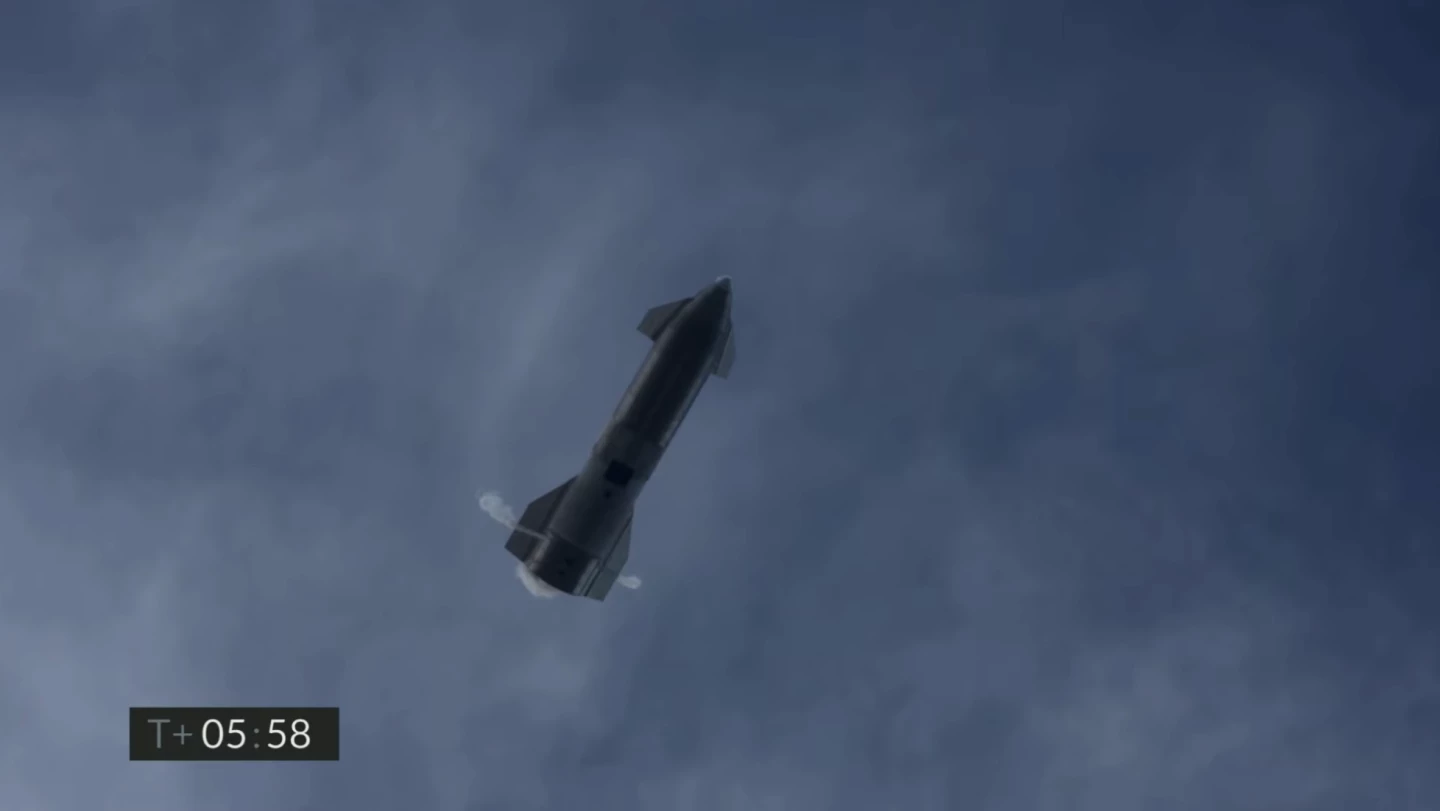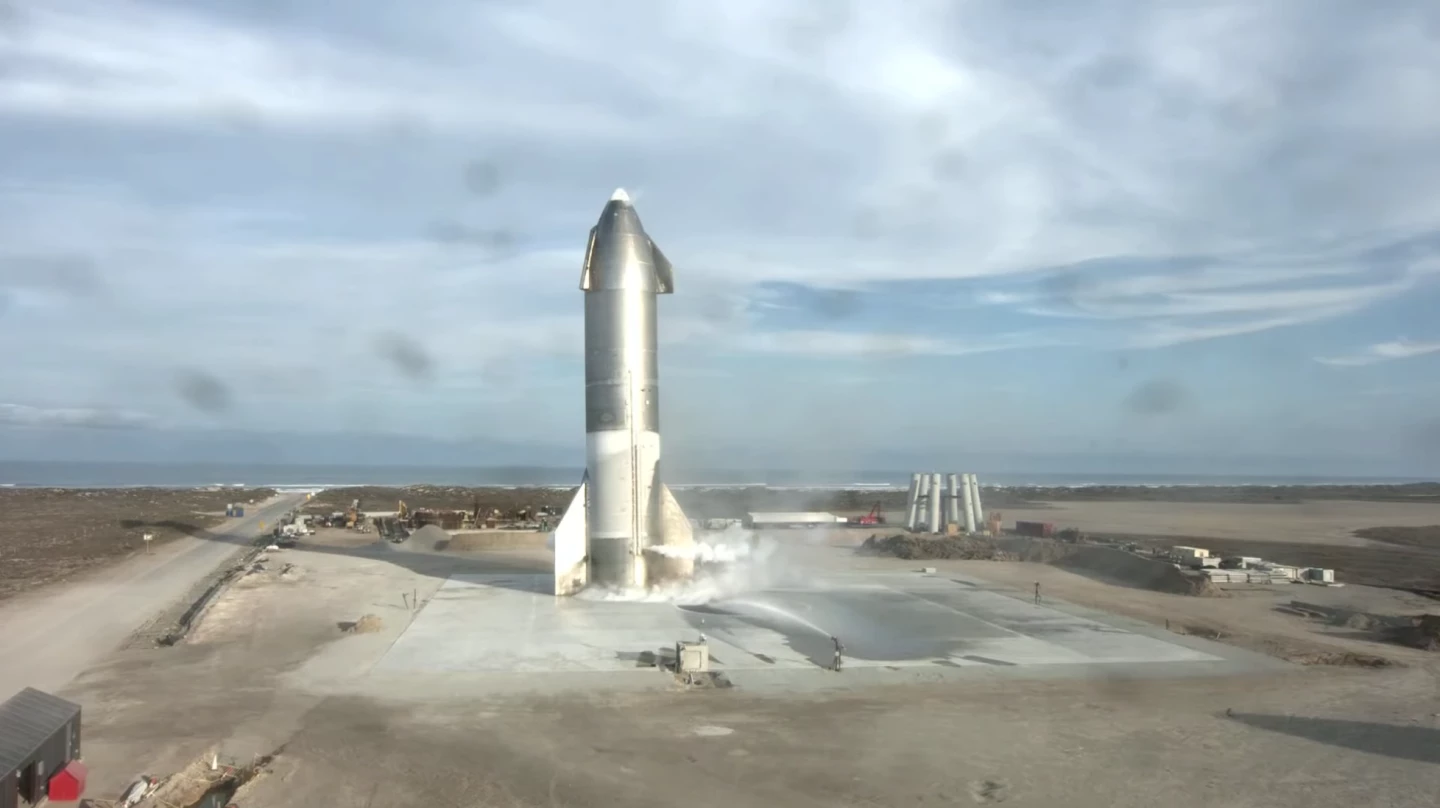SpaceX has made a miraculous first landing of its Starship spacecraft, a momentous step forward in the company's ambitions to reach the Moon and Mars. The landmark test flight follows less successful attempts in which earlier Starship prototypes exploded on touchdown, demonstrating a groundbreaking landing technique unique for a vehicle of its size.
SpaceX's Starship program has continued at a rapid rate, with the company progressing from the first prototype reveal in January 2019 to the sub-orbital test flights of prototypes eight and nine in December and February just gone. In both of those flights, Starship reached its target altitude of around 10 km (33,000 ft) but exploded in a fireball as it came down to land.
The landing sequence for Starship is different to the one used for SpaceX's smaller Falcon 9 rocket, which has been routinely landing on Earth and out at sea for several years now. The vehicle features three Raptor engines which shut down at altitude and transition the spacecraft to a horizontal "belly flop" orientation.

Here, Starship uses its four flaps to slow its descent and steer its way back to Earth rather than its engines, much like a skydiver uses their arms and legs. Before the flight of Starship SN8 in December, this maneuver had never been performed using a vehicle of this size.
When Starship approaches the pad, it uses two engines to return to an upright position and then a single engine for a landing burn, bringing it to a gentle touchdown. It was at this point that things fell apart for SN8 and SN9, both of which hit the landing pad at high velocity and promptly exploded in huge fireballs.

But "third time's a charm," as noted by the commentary team on the webcast for today's flight of SN10, with the spacecraft successfully touching and remaining upright thereafter. It appears the damage incurred during the landing was too much to bear for the spacecraft, however, causing it to explode on the pad some minutes after coming down to rest. But the successful soft landing, albeit short-lived, is still a massive moment for SpaceX and its plans for a fully reusable, interplanetary transport system.
Check out a replay of the test flight below.
Source: SpaceX






